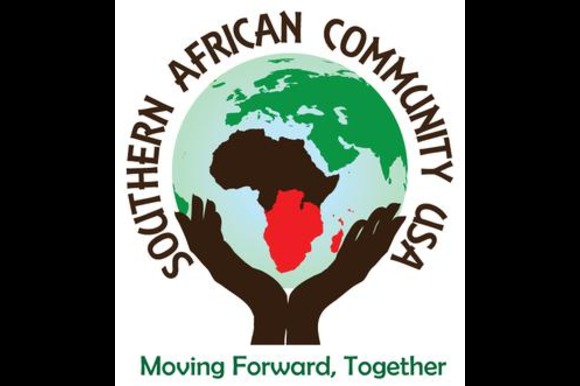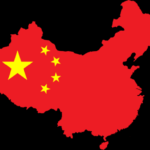Nearly 70,000 South Africans have shown interest in relocating to the United States following an offer from Washington to resettle individuals from the Afrikaner community, according to a business organization. The South African Chamber of Commerce in the USA (Saccusa) reported that its website has received a significant number of registrations from those seeking further details.
In a February executive order, President Donald Trump stated that Afrikaners—descendants of primarily Dutch settlers who arrived in the 17th century—could be accepted as refugees due to being “victims of unjust racial discrimination.” Since Trump’s inauguration in January, relations between the United States and South Africa have become increasingly tense.
Saccusa indicated that it has taken a “pivotal step” by submitting the list of interested individuals to the US embassy in Pretoria. An official from the embassy confirmed to the BBC that the list had been received. Among the 67,042 individuals who registered on Saccusa’s website, the majority had Afrikaner or English surnames, as noted by the organization’s president, Neil Diamond.
Saccusa, which represents South African business professionals residing in the US, mentioned that most of those interested in migrating are between the ages of 25 and 45 and typically have two to three dependents. Although Saccusa is not an official government entity, it became involved in the registration process inadvertently after receiving a flood of inquiries regarding resettlement, Mr. Diamond explained to broadcaster Newzroom Afrika.
Some white South Africans assert that they face discrimination, a statement that has garnered the interest of right-wing factions in the United States. At the same time, the white minority in South Africa continues to hold a significant portion of the nation’s privately owned land and wealth, more than three decades after the end of the apartheid regime.
Tensions between South Africa and the United States escalated in January when South African President Cyril Ramaphosa enacted legislation permitting the government to confiscate land without compensation, as long as it serves the “public interest.” This legislation came after prolonged demands for land reform, with activists and politicians advocating for the redistribution of agricultural land from the white minority.
In reaction to the new law, former President Trump issued an executive order granting refugee status to Afrikaners fleeing what he termed “government-sponsored race-based discrimination.” In March, he broadened this offer to include all farmers in South Africa, labeling the country as “a bad place to be right now.” Last month, he also reduced aid to South Africa.
In response to Trump’s remarks, Ramaphosa clarified that no land has been seized and emphasized that the new legislation aims to ensure “public access to land in a fair and just manner, as outlined by the constitution.” Nevertheless, the diplomatic rift between the two nations has intensified. Recently, the United States expelled South Africa’s ambassador to Washington, with Secretary of State Marco Rubio characterizing him as a “race-baiting politician.”






